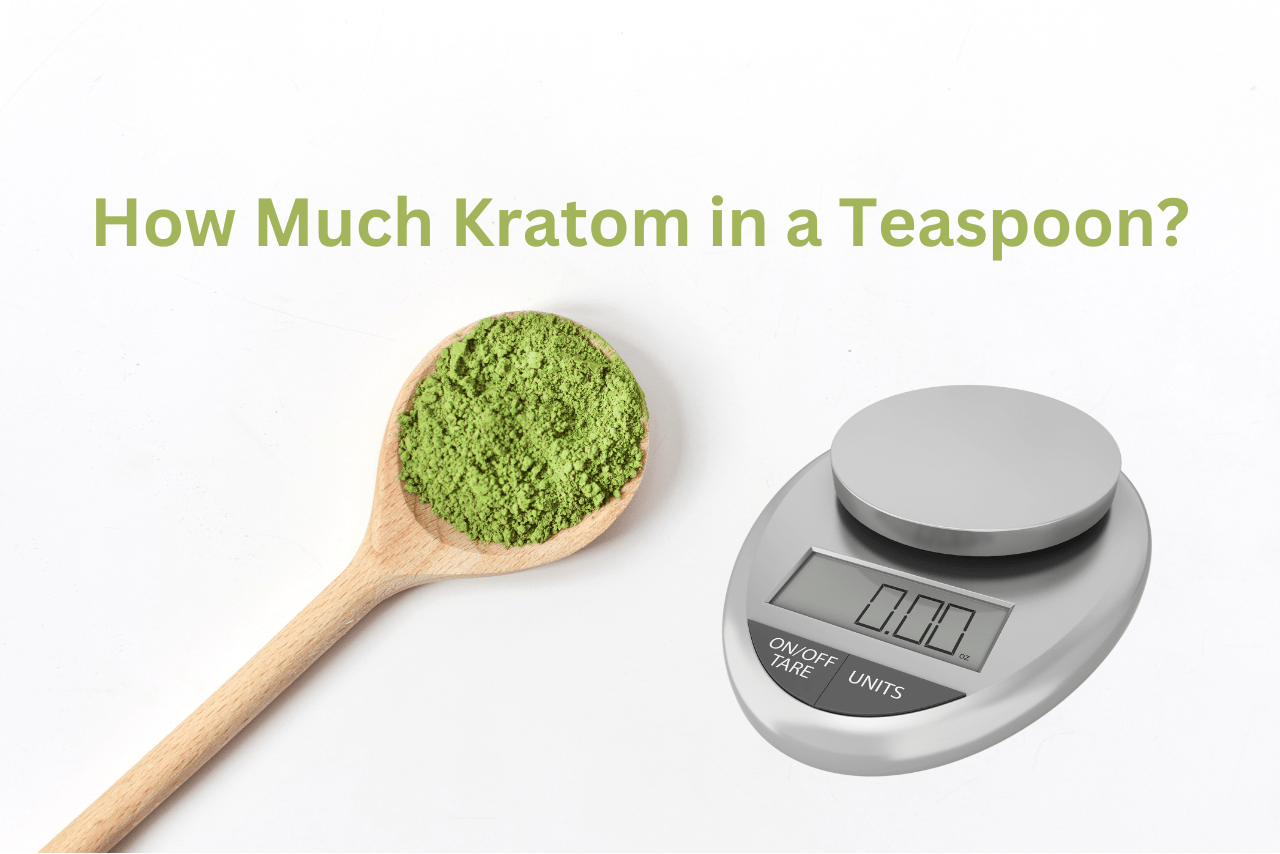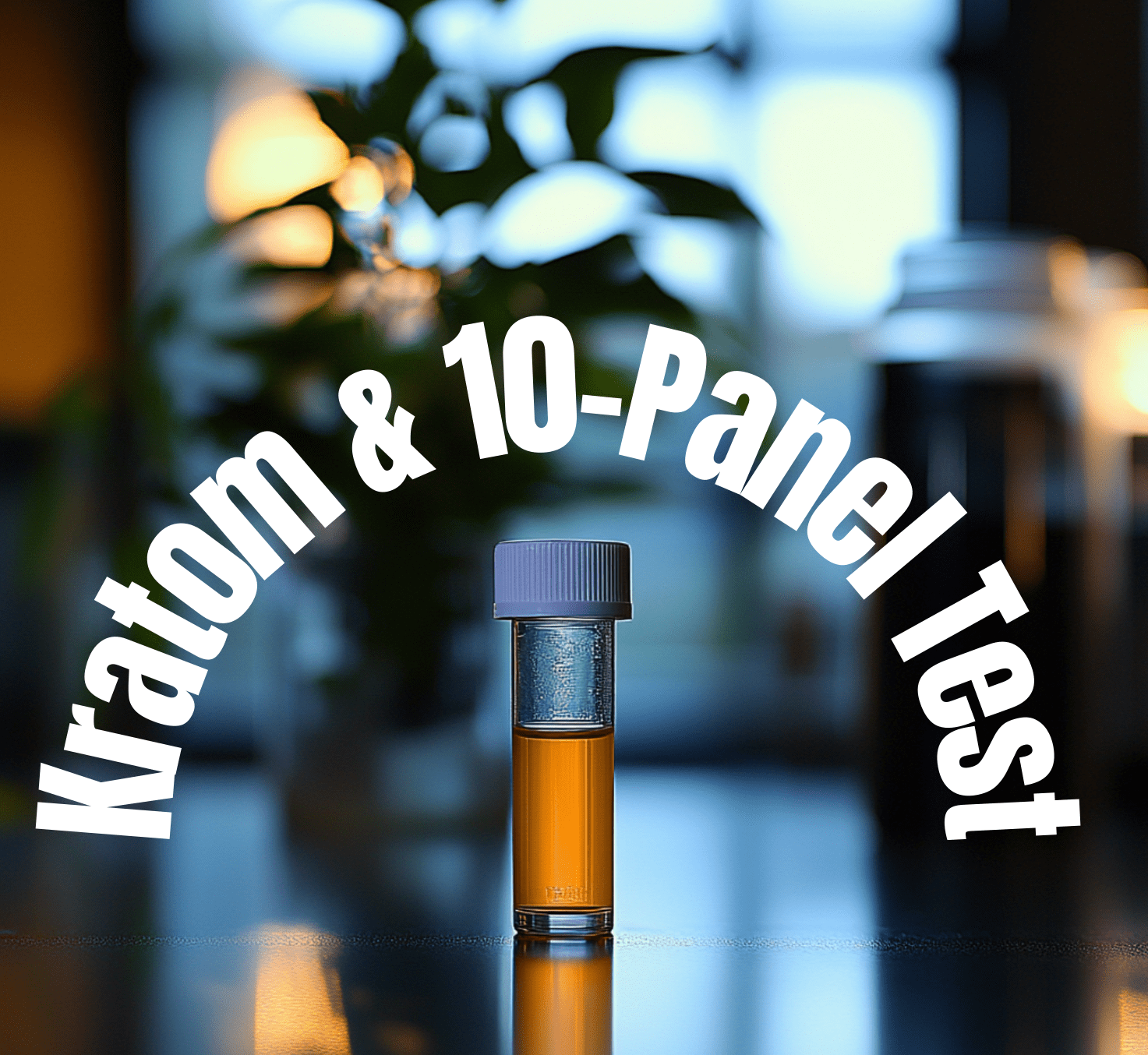Contents
Nebraska Moves to Ban Kratom: What Legislative Bill 431 Means for Users and Advocates
- Written by David
- Updated on April 23, 2025
- Published on
- Kratom Legal Status
TL;DR
Nebraska’s Legislative Bill 431, introduced by Senator Loren Lippincott, aims to classify kratom as a Schedule I controlled substance, making it illegal in the state. This aligns Nebraska with other states that have already banned kratom, a natural remedy used for pain relief and anxiety. While advocates tout its benefits, critics raise concerns about safety and potential abuse. The outcome of LB431 could set a significant precedent for other states contemplating similar regulations.
Nebraska State Senator Loren Lippincott has introduced Legislative Bill 431 (LB431), a bill that seeks to classify kratom as a Schedule I controlled substance under Nebraska’s Controlled Substances Act. This move would effectively make kratom illegal in the state, aligning Nebraska with other states such as Alabama, Arkansas, Indiana, Rhode Island, Vermont, and Wisconsin, where kratom is already banned.
What is Kratom?
Kratom is a natural substance derived from the leaves of the Mitragyna speciosa tree, native to Southeast Asia. For centuries, it has been used as a traditional remedy for various ailments, including pain relief, anxiety, and even opioid withdrawal. Kratom is typically consumed as tea or in powdered form, providing effects that range from mild stimulation to pain relief.
The Debate Around Kratom: Benefits vs. Concerns
1. Supporters’ Perspective:
- Advocates highlight kratom’s potential as an alternative treatment for chronic pain, anxiety, and opioid addiction.
- Studies, such as one published in the International Journal of Molecular Sciences, suggest kratom may help combat conditions like Alzheimer’s disease.
2. Opponents’ Concerns:
- Critics point to kratom’s potential for abuse and the lack of regulatory oversight.
- Some health officials worry about safety risks associated with the active compounds, mitragynine and 7-hydroxymitragynine.
Why Nebraska Wants to Make Kratom Illegal
Senator Lippincott’s proposed legislation reflects growing concerns over the safety and regulation of kratom products. If classified as a Schedule I substance, kratom would be considered to have a high potential for abuse and no accepted medical use, similar to drugs like heroin and LSD.
Implications of LB431 for Nebraska and Beyond
If LB431 is passed, Nebraska would:
- Prohibit the sale, possession, and distribution of kratom products.
- Join a growing list of states imposing strict regulations on kratom.
This legislative move may influence other states currently debating whether to regulate or ban kratom.
Conclusion
As Nebraska considers banning kratom with Legislative Bill 431, the debate underscores growing divisions over alternative medicine, public health, and individual freedoms. While supporters view kratom as a natural remedy with significant health benefits, opponents see it as a substance with high risks and insufficient oversight. The outcome of this legislation could set a precedent for other states considering similar bans.
FAQs About Kratom and LB431
1. What does it mean to classify kratom as a Schedule I substance?
Schedule I substances are considered to have a high potential for abuse and no accepted medical use, placing kratom in the same category as heroin and LSD.
2. Where is kratom currently illegal?
States such as Alabama, Arkansas, Indiana, Rhode Island, Vermont, and Wisconsin have already banned kratom.
3. Why do people use kratom?
Kratom is often used for pain relief, anxiety management, and to alleviate symptoms of opioid withdrawal.
4. What are the main safety concerns about kratom?
Critics cite its potential for misuse, lack of FDA regulation, and health risks associated with its active alkaloids.
5. Could LB431 set a precedent for other states?
Yes, the outcome in Nebraska could influence similar legislative efforts in other states.
Article Source: https://www.newsbreak.com/the-marijuana-herald-2222119/3766071415576-nebraska-senator-files-bill-to-make-kratom-illegal




